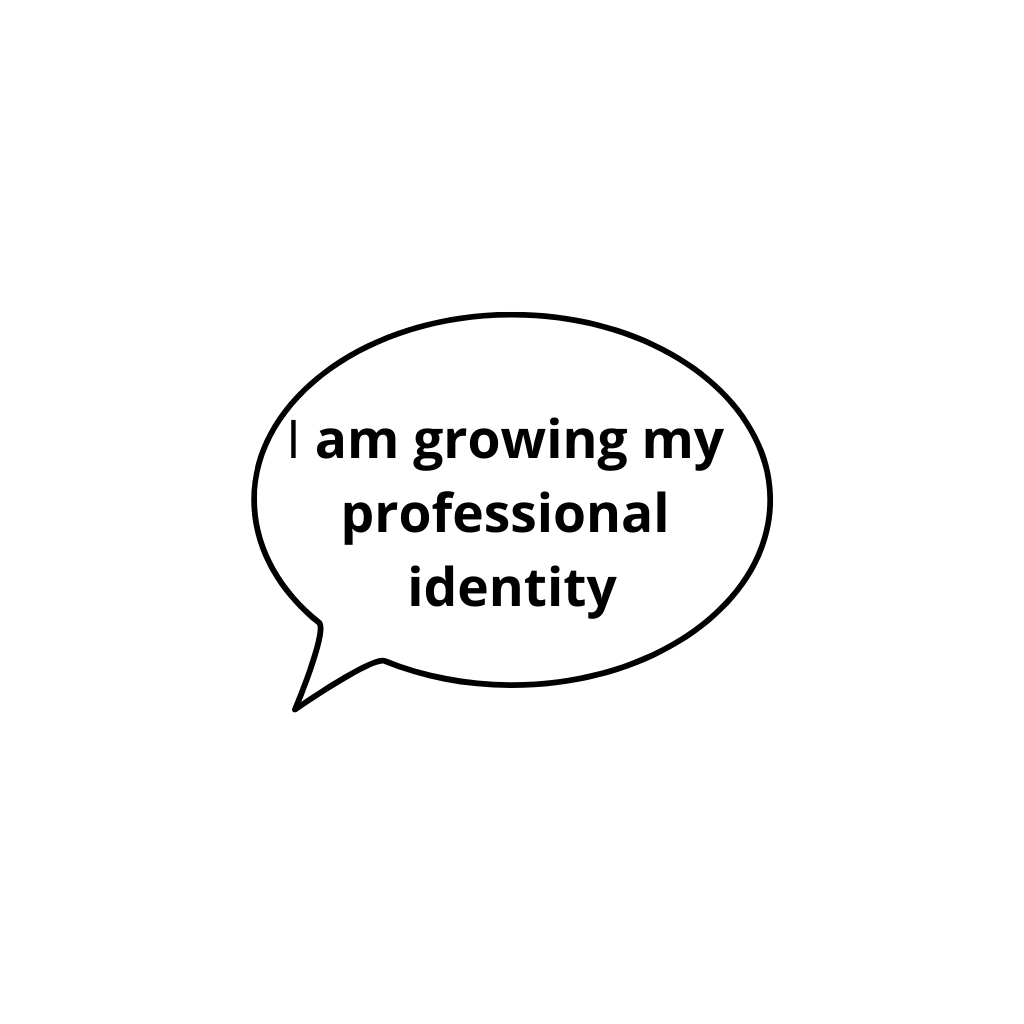Are important because an investment in your learning and development, as well as for the organization you work for, ensures the best talent outcomes. To keep your knowledge current and stay ahead of changes, you need to be continuously growing and learning from experiences. It also means being organized to increase efficiency with completing tasks to save time and money.
Define Workplace Goals
“I establish sales target and plan to achieve them.”
Manage Money and People
“I delegate tasks, lead meetings, and determine the budget required to complete a project.”
Professional Identity
“I attend webinars with industry professionals to better understand what paths one can take post-graduation.”
Time Management
“I juggle many commitments such as school, a team sport, clubs, and my job. I make schedules to visually lay out proper time for each.”
Continuous Learning
“I listen to a podcast to better understand emerging trends in your business.”
Define Workplace Goals is…
The capacity to define future goals, objectives, and outcomes at an individual and organizational level and to use these goals to serve as motivators for the present action.
Manage Money and People is…
The ability to achieve organization goals though the management of financial and human resources. This includes identifying and managing risk.
Professional Identity is…
One's self-concept based on attributes, beliefs, values, motives, and experiences. Professional identity plays a critical role in the transition between school and work.
Time Management is…
The ability to efficiently and effectively managing one’s own time, the time of others, and deliverables for projects. Also includes the ability to manage and filter vast levels of information to make timely decisions.
Continuous Learning is…
About expanding an individual ability to learn by regularly upgrading skills and knowledge. Effective continuous learning skills are essential to adapting to changing demands at home and work. In the workplace, this involves recognizing and reflecting on experiences as critical learning experiences.
Core Workplace Skills in Practice
Amanda’s definition of success had a simple measure: her grades. But by the time she got to university she felt something was missing. Enrolled as a psychology major, she was fascinated by the topic, but stymied by what she could do with it.
In her second year, Amanda enrolled in a marketing course. The class lit Amanda’s fire by linking her genuine interest in psychology to the real world: a better understanding of consumer behaviour. In marketing, she met a totally different type of student. Though committed to their education, these students defined education way beyond the classroom. It included volunteering in their community, part-time jobs, and internships.
Inspired by her classmates, Amanda took executive positions in clubs, studied abroad, mentored new students, and completed the cooperative education program. She chose her extracurricular activities to help her improve in areas where she felt she was lacking, such as network development, personal balance, and work experience.
By being part of so many clubs, volunteering, and working, Amanda effectively manages her time. She simultaneously built her professional identity and practiced managing people and money. While her GPA took a hit, she felt it was worth it to expand her learning opportunities.
Watch the short video below to learn more about this competency cluster
Click HERE or the icon below to discover more videos from our library
Banner Photo: Fauxels

















